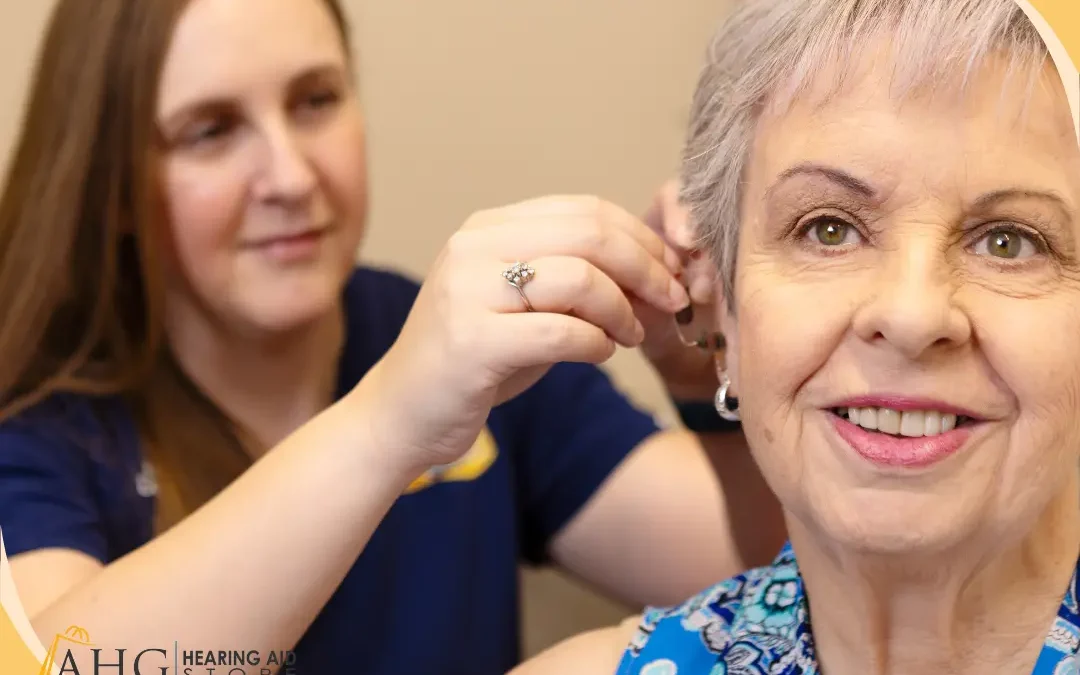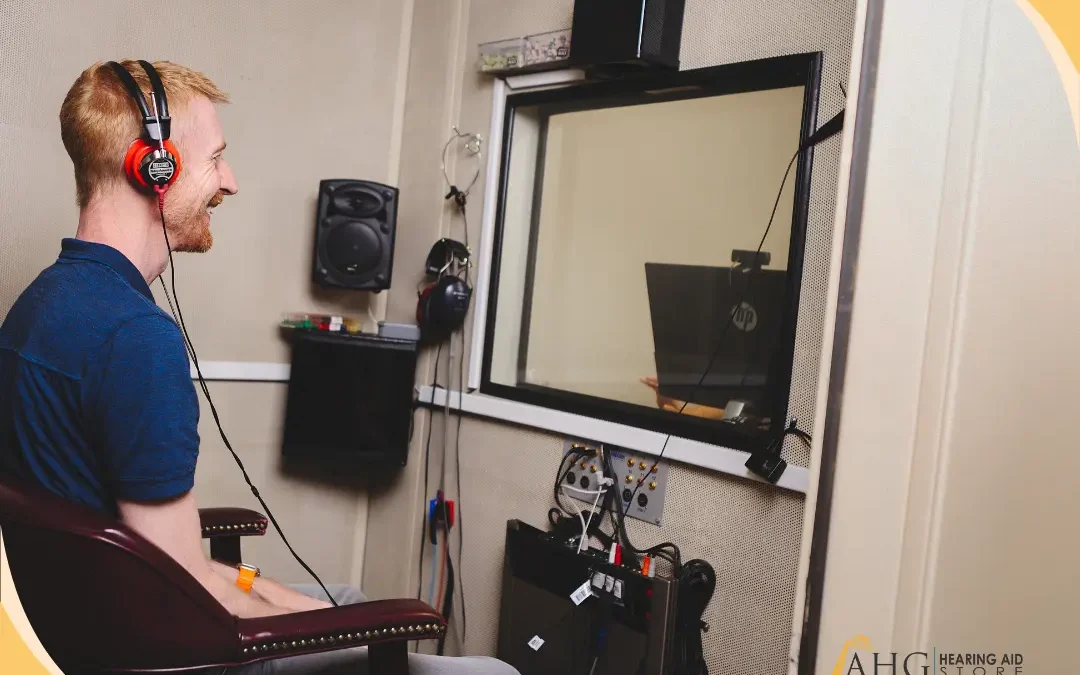 As we age, our bodies naturally change. For many older adults, hearing loss becomes a part of this process. Though not inevitable, hearing loss is quite common among seniors. According to the National Institute on Deafness and Other Communication Disorders, “nearly 1 in 3 people in the U.S. between the ages of 65 and 74 experiences hearing loss.”
As we age, our bodies naturally change. For many older adults, hearing loss becomes a part of this process. Though not inevitable, hearing loss is quite common among seniors. According to the National Institute on Deafness and Other Communication Disorders, “nearly 1 in 3 people in the U.S. between the ages of 65 and 74 experiences hearing loss.”
Recognizing the relationship between hearing loss and aging, along with exploring available treatments, can help seniors maintain a higher quality of life. Here, we’ll explore the connection between hearing health and aging, outline treatment options, and discuss the role of hearing health in cognitive decline.
How Are Hearing Loss and Aging Connected?
Age-related hearing loss, also known as presbycusis, is a gradual process. It often progresses so slowly that many don’t notice it right away.
Why does hearing decline as we grow older? There are multiple factors at play, including genetics, exposure to loud noises, and medications that can have ototoxic effects. Even without these influences, hearing loss is still common among seniors due to natural changes in the inner ear, auditory nerve, or the brain’s sound processing abilities.
Early signs of hearing loss in older adults may include:
- Struggling to follow conversations
- Difficulty hearing higher-pitched sounds, such as children’s voices
- Confusion or discomfort in noisy environments
If left untreated, hearing loss can lead to social withdrawal, frustration, and even depression.
Treatment Options for Hearing Loss
Many seniors find that hearing aids provide an effective solution for managing hearing loss. Modern hearing aids offer advanced features designed to meet the specific needs of older adults, such as:
- Enhanced Speech Clarity: Today’s hearing aids are equipped with directional microphones. These can help seniors focus on conversations, especially in crowded or noisy settings.
- Wireless Capabilities: Many hearing aids can connect wirelessly to devices like smartphones and TVs, providing a more seamless experience.
- Custom Fit: Hearing aids come in different styles, with some fitting behind the ear and others fitting inside the ear. Working with an audiologist to get prescription hearing aids not only ensures you get the right type of hearing devices but also ensures they’re properly adjusted to your hearing needs.
While hearing aids are certainly useful, they aren’t the only hearing loss treatment option. Depending on the hearing loss type, severity, and cause, alternatives like cochlear implants or assistive listening devices might also be recommended.
The Connection Between Cognitive Decline, Hearing Loss and Aging
One of the most important reasons to diagnose and treat hearing loss in its early stages is its link to cognitive decline. Research shows that untreated hearing loss increases the risk of dementia and cognitive impairment in seniors.
When hearing is diminished, the brain works harder to interpret sounds, potentially leading to mental fatigue and cognitive overload. Moreover, hearing loss often results in social isolation, which can further accelerate cognitive decline.
By treating hearing loss—whether through hearing aids or other methods—seniors may reduce the risk or delay the onset of cognitive decline. Not only do hearing aids improve communication, but they also support brain health by keeping seniors engaged and connected with their surroundings.
Early Detection and Treatment of Hearing Loss is Essential for Quality Living
For seniors, identifying and addressing hearing loss promptly can significantly enhance their quality of life. Whether it’s hearing aids, cochlear implants, or other options, effective hearing loss treatments are available. Moreover, taking action to treat hearing issues can positively impact cognitive function, helping seniors stay mentally alert and socially active.
If you or a loved one is experiencing hearing difficulties or is concerned about hearing loss and aging, schedule a consultation with one of our audiologists in Mesa or Scottsdale today. Our team will help you find the best treatment option tailored to your hearing needs and lifestyle. Start your journey to better hearing and better living today!





